The study, led by the University of Tübingen and published in Nature Ecology & Evolution, marks a major advance in ancient DNA recovery. It challenges long-held assumptions that genetic material can only survive for millennia in frozen or…
Blog
-
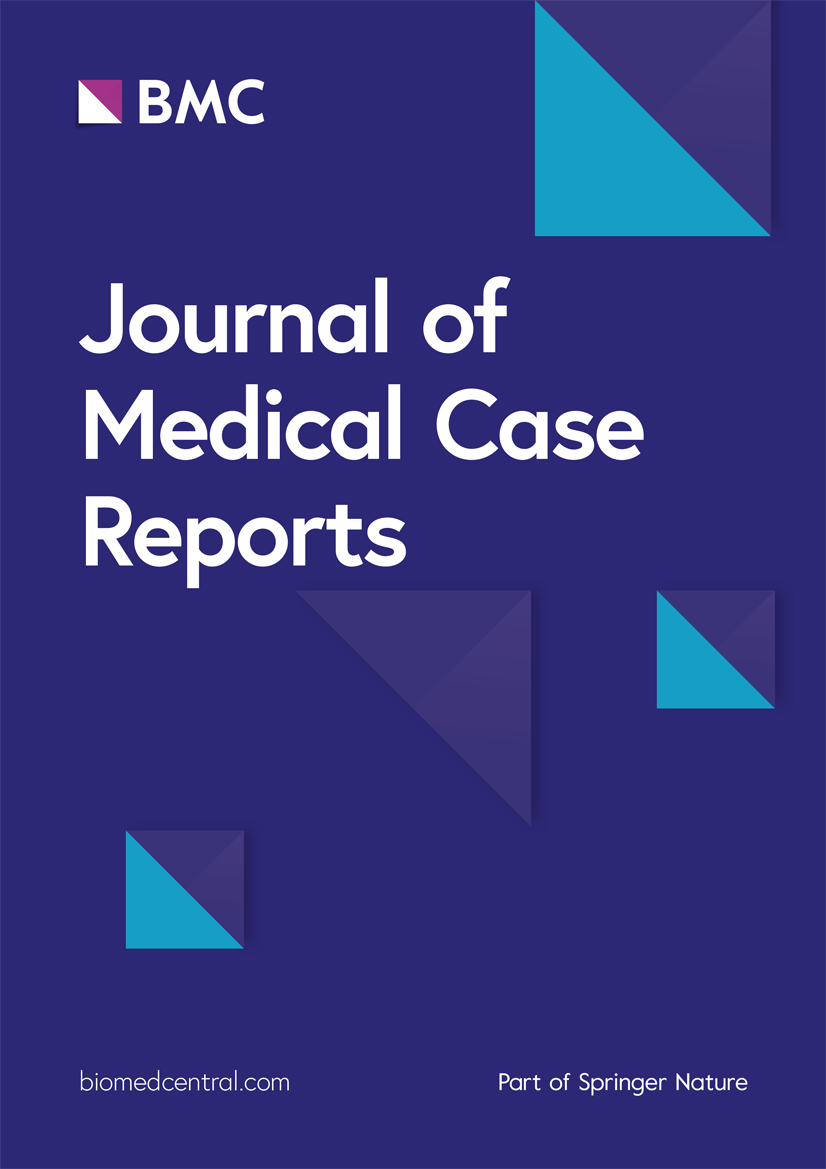
Transient epileptic amnesia: temporal progression of partially treated disease—a case report | Journal of Medical Case Reports
This patient, with an unremarkable background history, had several episodes of transient, anterograde amnesia with preserved consciousness and language abilities before a formal diagnosis of TEA was made. The initial diagnosis was difficult and…
Continue Reading
-

Table tennis has given me everything. It’s literally my life.
Hana Goda: Ambitions in Tunis
Goda’s goals for the tournament are bold yet grounded.
“I’m competing in teams, singles, doubles, and mixed doubles. Winning all four would be ideal, but I’m not putting too much pressure on myself. My main…
Continue Reading
-
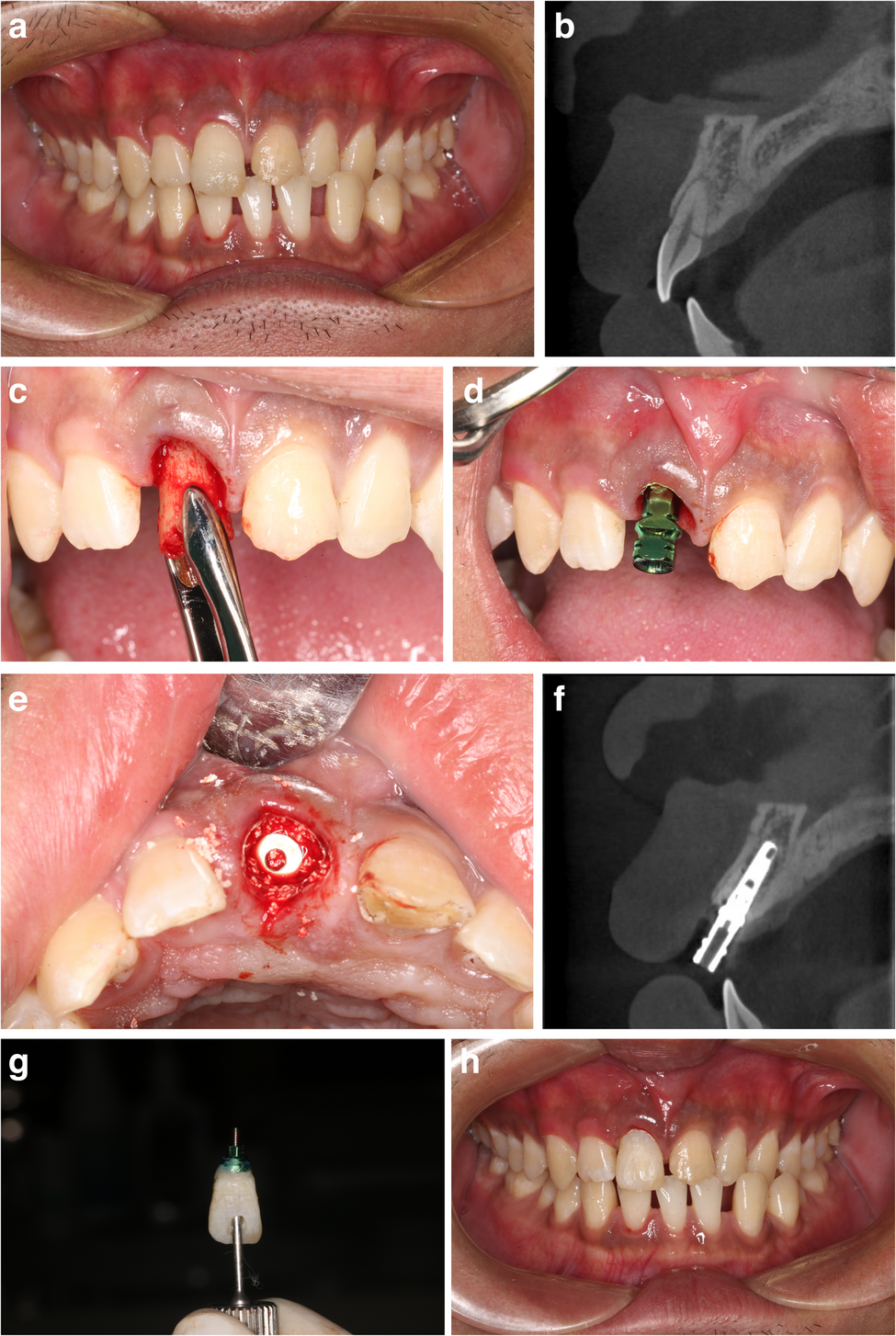
Immediate implant placement for single failed maxillary anterior teeth after trauma: a case-series study | BMC Oral Health
Patients and study design
A review of the medical records of individuals who underwent immediate placement of dental implants following injuries to their teeth was performed. During the period spanning from January 2014 to December 2021, patients…
Continue Reading
-
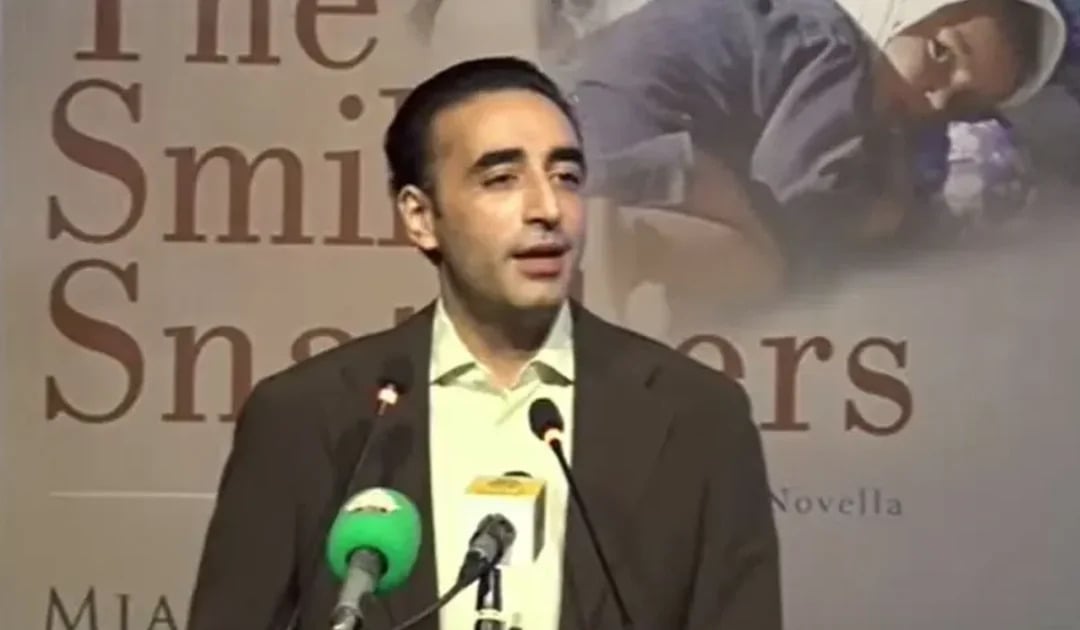
Bilawal: Sindh competing with developed nations, not provinces
Bilawal: Sindh competing with developed nations, not provinces – Daily Times
…Continue Reading
-

Maldon & Tiptree FC owner enjoying first FA Cup experience
Elliot DeadyEssex and
Paul GrunillBBC Sport, East
 BBC
BBCBarrie Drewitt-Barlow runs Maldon & Tiptree FC with his partner Scott Drewitt-Barlow The owner of non-league Maldon & Tiptree says he is loving his first FA Cup journey despite admitting he does…
Continue Reading
-
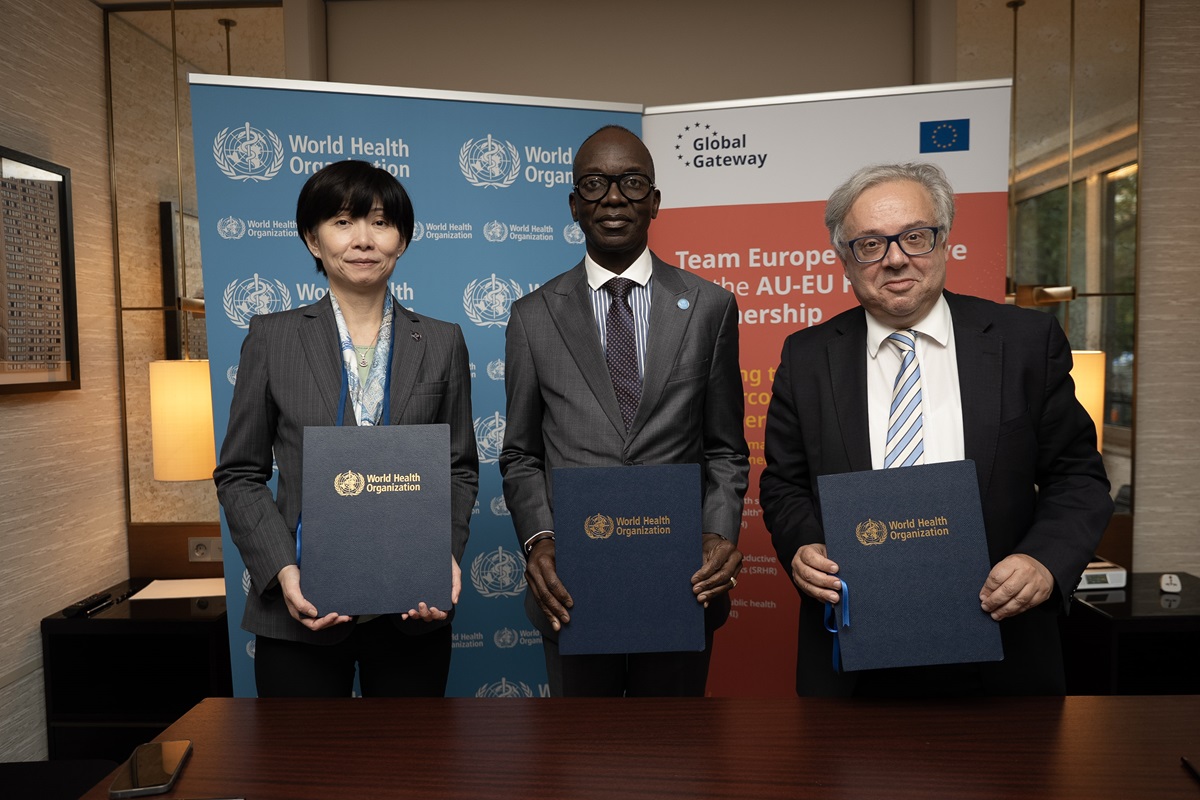
WHO and the European Union launch collaboration to advance digitized health systems in sub-Saharan Africa
The World Health Organization (WHO) and the European Union (EU) announced today a new agreement to support the digital transformation of health systems and wider adoption of WHO’s Global Digital Health Certification Network (GDHCN) in sub-Saharan Africa. This EU–WHO partnership will improve pandemic preparedness and accelerate progress towards better health and well-being for all.
The agreement was announced at the World Health Summit 2025 by Dr Yukiko Nakatani, WHO Assistant Director-General for Health Systems, Access and Data; Dr Mohamed Yakub Janabi, WHO Regional Director for Africa; and Mr Martin Seychell, Deputy Director-General of the European Commission Directorate-General for International Partnerships.
The GDHCN is a global system that enables countries to securely and reliably verify nationally approved digital health credentials across borders. The system builds on the European Union Digital COVID Certificate (EU DCC), which facilitated verification of vaccination, testing and recovery certification for international travelers connecting 76 countries and territories. However, only four countries from the WHO African Region—Benin, Cabo Verde, Seychelles and Togo—were able to join the EU DCC network.
Since its transfer to the WHO in 2023, the GDHCN has shown strong potential to support the digitization of the International Certificate of Vaccination or Prophylaxis (ICVP), commonly known as the Yellow Card, in alignment with the updated International Health Regulations (IHR). Making the most of its potential could enhance global vaccination tracking, reduce fraud, and simplify international health requirements.
Under the new joint agreement, which includes an €8 million EU grant spanning 2025 to 2028, WHO and the European Union will collaborate to bolster national efforts to advance the digital transformation of health systems in sub-Saharan Africa. WHO will provide technical and policy expertise, in collaboration with regional partners such as the Africa Centres for Disease Control and Prevention (Africa CDC).
The EU investment is part of the Digital Health workstream of the Team Europe Initiative on the EU-AU Health Partnership, which brings together European and African stakeholders to build resilient digital health ecosystems across the continent, and aligned with the EU Global Gateway strategy.
Empowering countries and people
The GDHCN supports countries in building trusted, interoperable digital health systems that directly benefit people — providing secure, portable health records accessible wherever they travel, including during health emergencies. Personal health records are managed securely by each individual country or their health system. These records cannot be accessed by other parties, including WHO.
The network is built on internationally recognized standards for privacy, data protection, and interoperability, and participation of countries is voluntary. The network fosters cross-border collaboration among countries and partners, strengthening health security today, while laying the foundation for more resilient, person-centered health systems for future generations.
Continue Reading
-
Just a moment…
Just a moment… This request seems a bit unusual, so we need to confirm that you’re human. Please press and hold the button until it turns completely green. Thank you for your cooperation!
Continue Reading
-
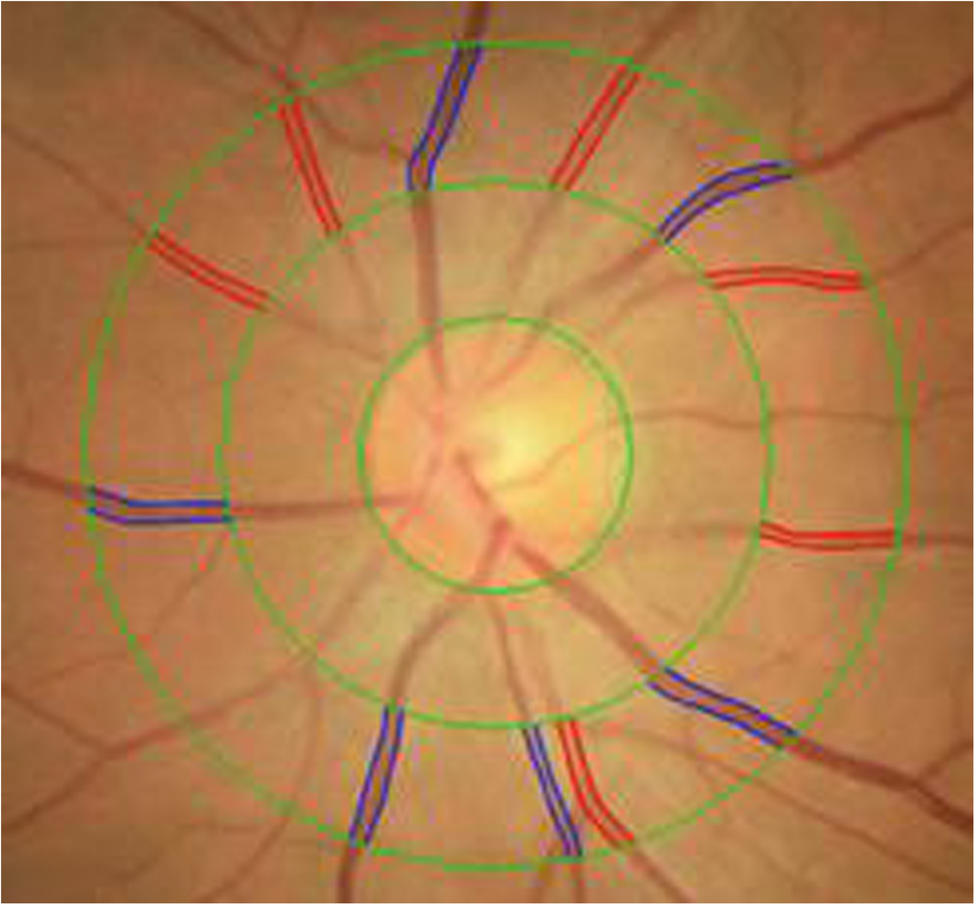
The association between retinal artery to vein ratio and fat distribution: a population-based cross-sectional study | BMC Ophthalmology
Carmeliet P. Angiogenesis in health and disease. Nat Med. 2003;9(6):653–60.
Google Scholar
Hoon M, Okawa H, Della Santina L, Wong RO. Functional architecture of the retina: development…
Continue Reading
-

Pick up this Nintendo Switch 2-compatible microSD Express card for less than $40
It’s safe to say the Nintendo Switch 2 is the game console to get this year, and if you already got your hands on one, you’ve probably loaded it up with all your old Switch games and new Switch 2 games. If you haven’t thought about adding more…
Continue Reading
